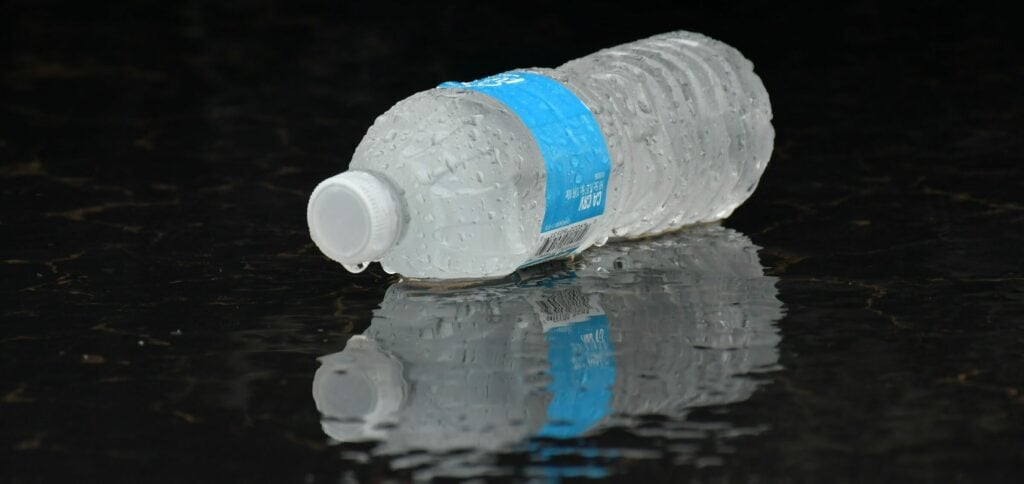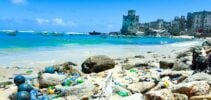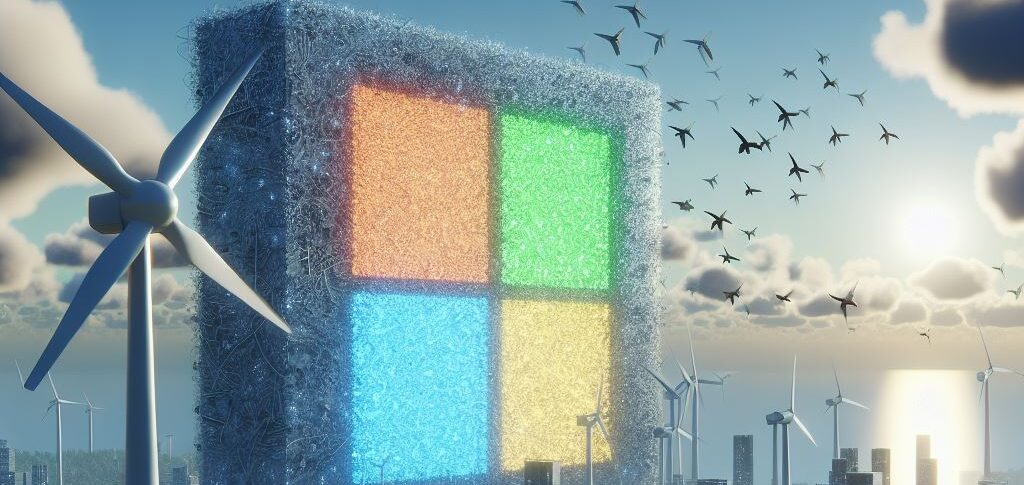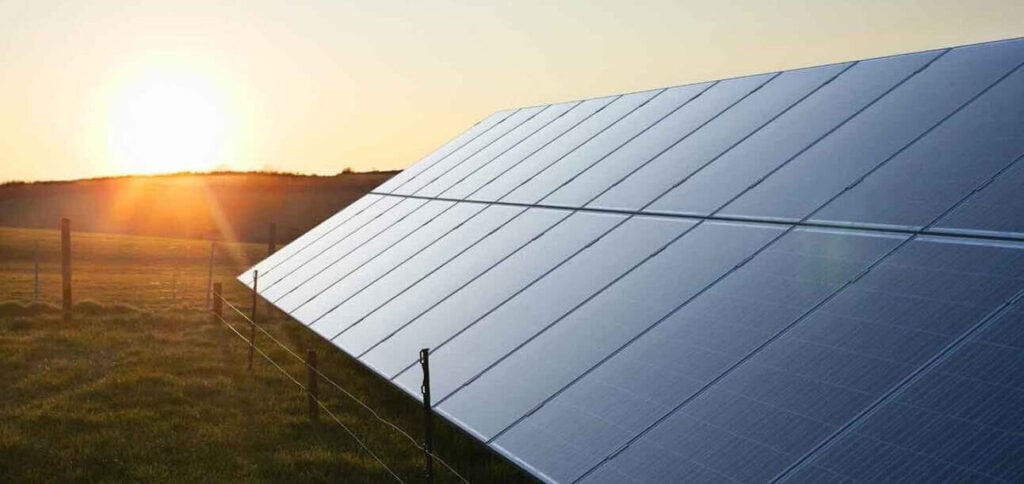Stopping consuming bottled water would also effectively reduce plastic pollution, as it is estimated that 85% of bottles end up in landfills, says the report from the Institute for Water, Environment and Health at the United Nations University in Hamilton, Canadasystem. (🇬🇧)
ADVERTISING
But consumer preferences are influenced by misconceptions about the safety of tap and bottled water.
“The perception is that bottled water is the healthiest option,” the study’s lead author, Zeineb Bouhlel, told AFP. “But we have shown that this is not necessarily the case, and people are paying much more for bottled water, 150 to 1.000 times more than for a liter of tap water,” he said.
According to the study, contaminants were found in hundreds of bottled water brands in more than 40 countries, often exceeding local or global standards.
ADVERTISING
In the last decade, global bottled water sales increased by 73%, reaching almost US$270 billion and 350 billion liters.
Around 600 billion plastic bottles are produced each year, representing approximately 25 million tons of plastic waste.
In the Northern Hemisphere, consumers tend to purchase bottled water due to its portability and the perception that it is healthier and tastier than tap water. In the Southern Hemisphere, sales are generally driven by the lack of reliable public water supply.
ADVERTISING
“Uncontrolled extraction”
The report also warns of the lack of regulation in the bottled water sector, highlighting the inability of governments to keep up with the expansion of this sector.
This brought risks, such as “the uncontrolled extraction of groundwater for bottling”, something that could lead to the depletion, or scarcity, of groundwater, the document adds.
Vladimir Smakhtin, co-author of the study, warned that 2 billion people still do not have access to quality drinking water.
ADVERTISING
The situation is worse in sub-Saharan Africa and, globally, it is worsened by the continued expansion of bottled water markets, which he says divert attention and resources from the development of public water systems.
Some progress has been made, however, the study argues. In 2020, 74% of the world's population had access to clean water, compared to 62% two decades ago.
But “we are very far” from achieving the UN target of making drinking water universally available by 2030, Smakhtin stressed, adding that “the current trend is not sustainable”. “We should try to invest more in public water supply to provide people with stable and reliable water instead of bottled water,” he said.
ADVERTISING
The report's authors also call for greater transparency and the establishment of legal measures that oblige companies to publicly disclose the volumes of water captured and assess the consequences of their activities on the environment.
(To AFP)
Read also
(🇬🇧): content in English
(*): Content in other languages translated by Google Tradutor
(🚥): may require registration and/or subscription






